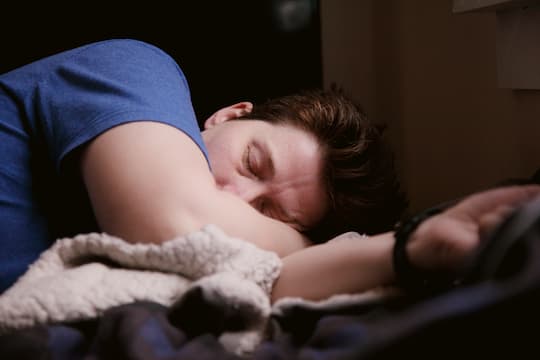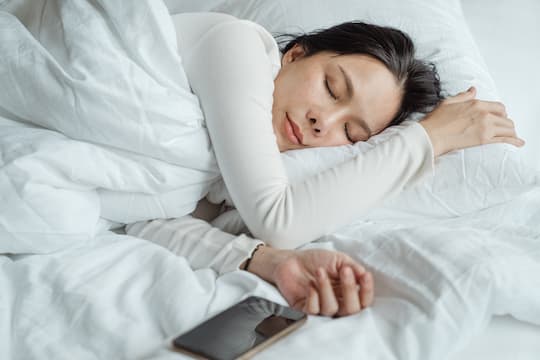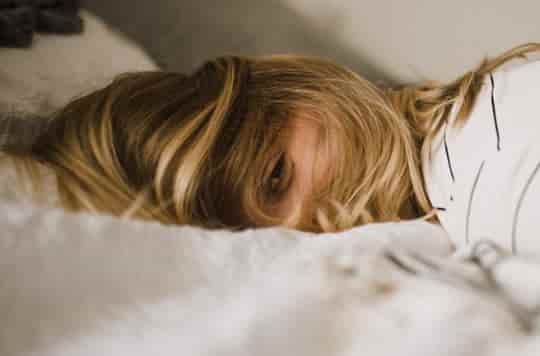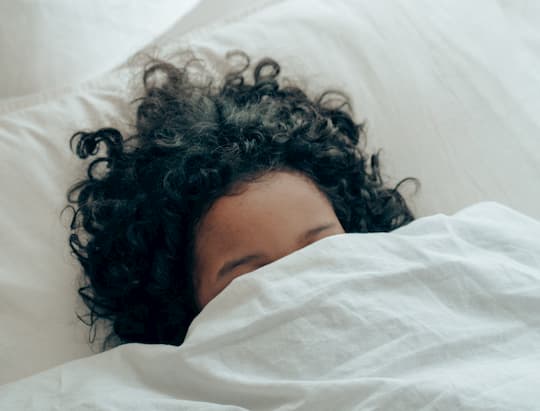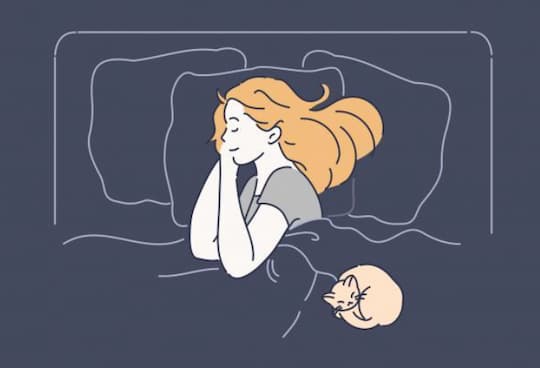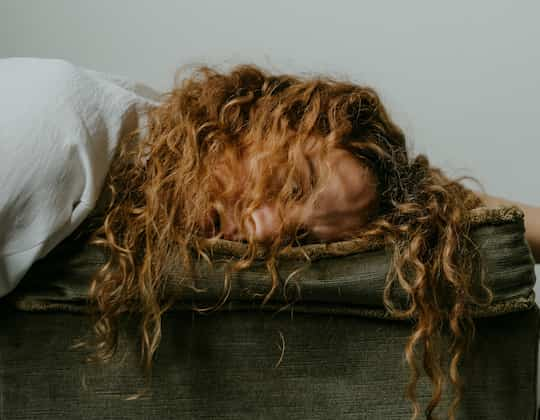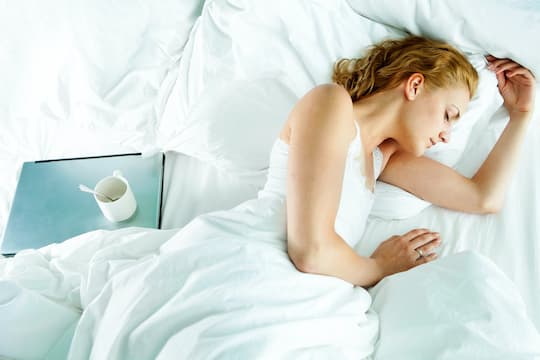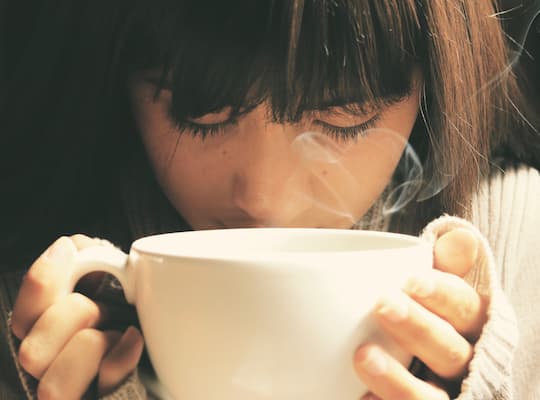The best nap time could keep your brain five years younger.
Taking a nap of around an hour after lunch is linked to the biggest long-term boost in mental health, research suggests.
Almost 3,000 Chinese people over the age of 65 were included in the study of napping.
Around 60 percent reported taking a nap after lunch.
The researchers found that those taking an hour-long nap did the best on measures of memory and cognition.
The study’s authors explain their results:
“…a moderate-duration nap taken during the post-lunch dip is associated with better overall cognition.
Older adults who did not nap or napped longer than 90 minutes (extended nappers) were significantly more likely than those who napped for 30 to 90 minutes after lunch (moderate nappers) to have lower overall cognition scores…”
In comparison, those who took shorter naps, longer naps or no naps were cognitively older.
It worked out that people who did not nap for around an hour were cognitively five years older:
“In the final analysis, no napping, short napping, and extended napping were associated with worse overall cognition than moderate napping.
The difference in overall cognition associated with these napping groups was similar to or greater than the decline in cognition associated with a 5-year increase in age.”
Best nap time
The study is one of the first to look at the benefits of longer afternoon naps.
The benefits of short naps are already well-known, the study’s authors write:
“…the short-term benefits of brief naps (e.g., 10 minutes) are well documented in previous studies and include greater alertness and accuracy and speed when performing a number of cognitive tasks, including psychomotor performance and short-term memory…”
The study was published in the Journal of the American Geriatrics Society (Li et al., 2016).
